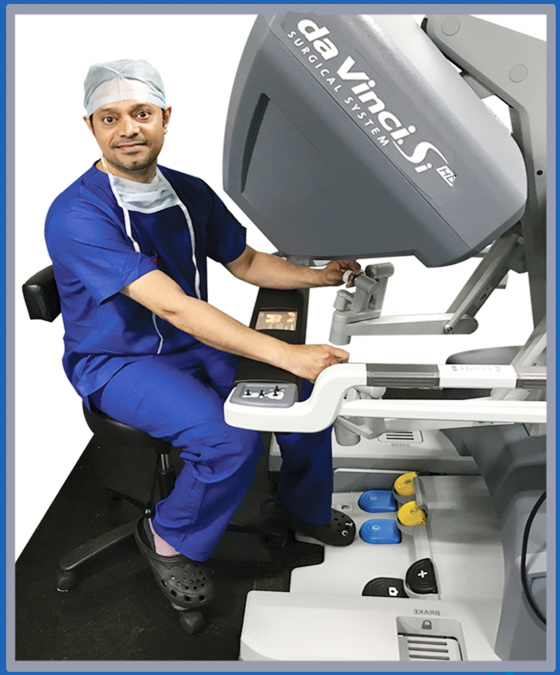Once you are diagnosed with cancer, surgery could be a part of the treatment. Fortunately, with the advancement of technology in medical science, robotic surgery can help manage various cancers.
However, robotic surgery does not mean that the robots will perform the surgery. Neither does it mean that all the cancer patients are candidates for this procedure.
Let’s understand more about this surgery and some common questions related to it!
Robotic Surgery
Robotic surgery is as a procedure where a surgeon directs the surgery using robotic tools. This procedure may use one or more arms that a surgeon will control remotely. The remote could be similar to a joystick of the video game that controls the robotic arm and mimics the joystick’s motion.
So, the first few questions that may arise in a patient’s mind are why a surgeon would opt for robotic surgery and is it safe? Well, below mentioned are some reasons for the same:
- Robotic surgery has a wide range of motion than the human arm
- It has greater surgical precision since it is eventually performed by the surgeon controlling the joystick, who can review the target site with a magnified, high definition 3-D structure. It enables the surgeon to see areas that may not be visible to the naked eye
- It provides access to areas where it is hard to reach for a surgeon
- Improved ability to spare healthy tissue that is not impacted by cancer. Also, it has improved patients’ recovery, time in hospital, and return to everyday life and activities. Also, there is less blood loss and a lower risk of infection
- Robotic surgery is safe in the hands of an experienced surgeon. However, all surgeries involve some degree of risk
Though there are many advantages of robotic surgery, it may not be the best option always. Moreover, a lot of factors are to be considered by the surgeon before choosing robotic surgery.
Frequently Asked Questions
What are the benefits of robotic surgery?
Most robotic surgeries are minimally invasive procedures. It helps with speedy patient recovery. They are less painful, the blood loss during the surgery is less, and the return to normal activities and daily routine is much faster in most cases. The surgeon provides a better view of the operated site and better surgical precision than traditional surgery.
Is robotic surgery safe?
Choosing a correct experience surgeon is most important while undergoing robotic surgery. Make sure that the surgeon has extensive experience with the type of procedure you will undergo. However, like all the surgeries, there is some degree of risk associated with it.
What to expect from robotic surgery?
It would be best to ask your surgeon about the do’s and don’ts before and after the surgery. Ask about what you can eat before and after the procedure and the precautions to be taken. Lastly, ask the expected side effects of the surgery and how to manage them.
What are the expected side effects?
Robotic surgery has many advantages over conventional surgery; however, just like surgery, there are some side effects associated with it. Side effects may depend upon the type of cancer surgery being performed, the extent of the surgery, overall health status, and other factors. The following side effects can be expected:
- Fatigue
- Pain
- Bleeding
- Loss of appetite
- Infection
- Difficulty in swallowing
If you experience any of the side effects, you should discuss them with the healthcare team members.





